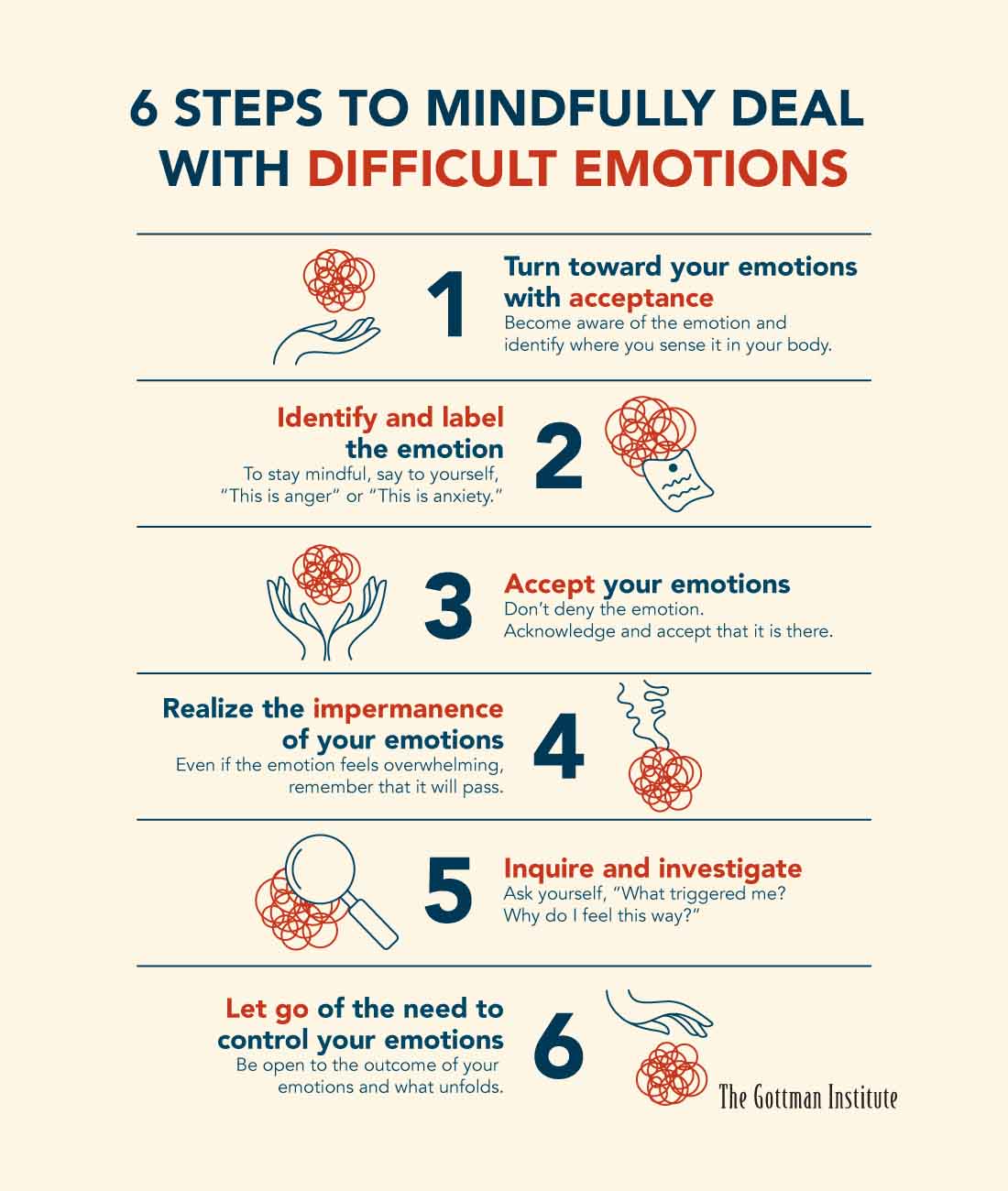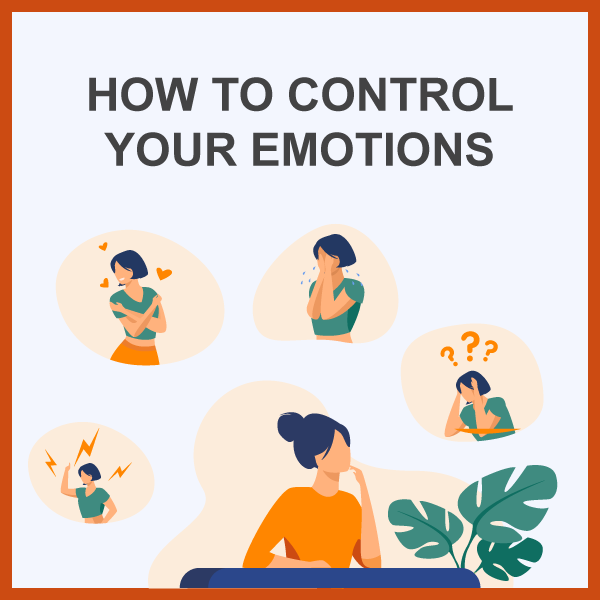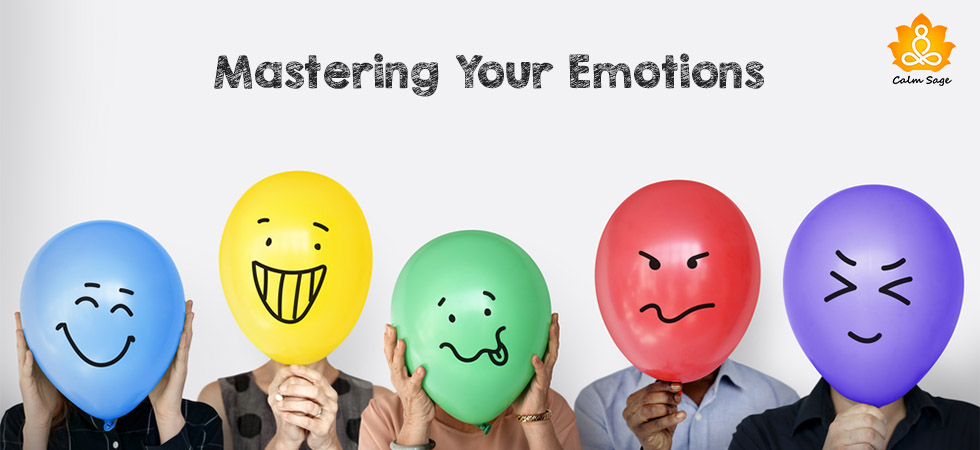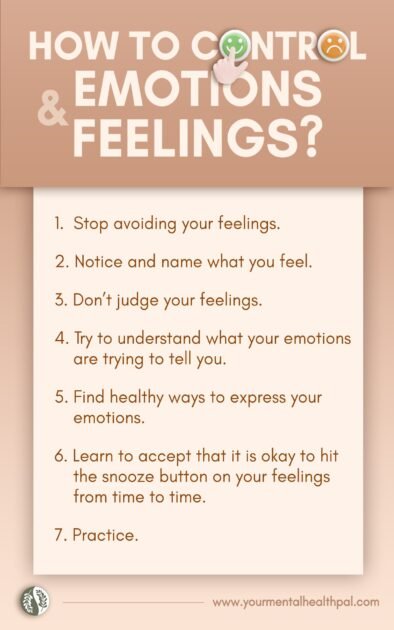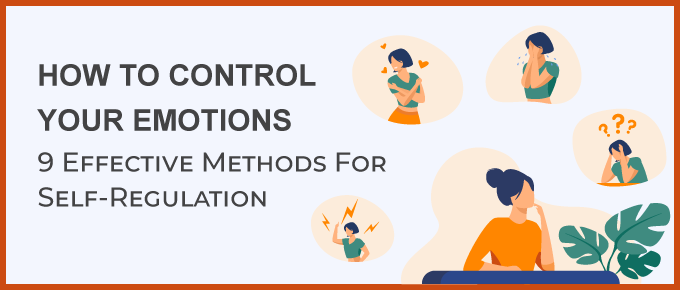How To Get In Control Of Your Emotions
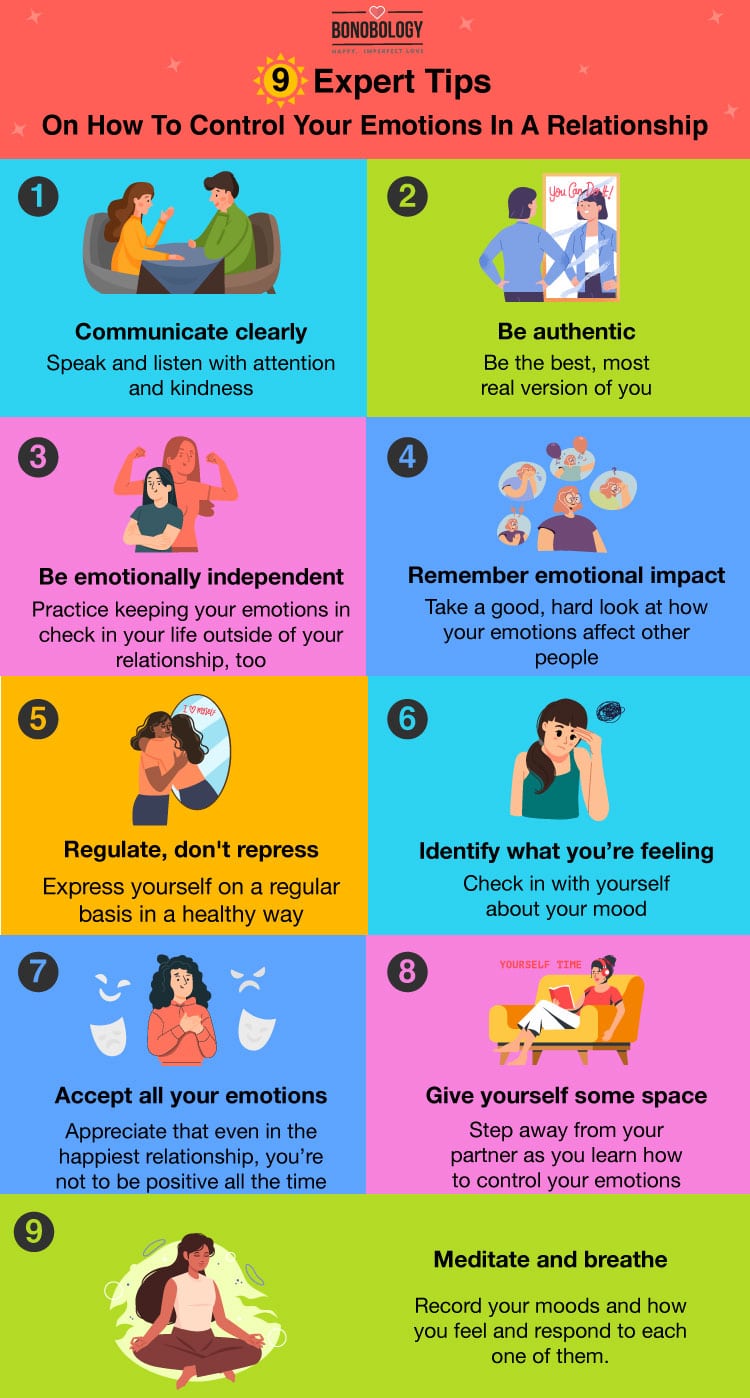
In a world saturated with constant stimuli and relentless pressures, emotional dysregulation has become an increasingly prevalent concern. From workplace anxieties to personal relationship challenges, the inability to manage one's emotions effectively can lead to detrimental consequences on mental and physical well-being.
This article delves into practical and evidence-based strategies for gaining control over your emotions. It provides a roadmap for understanding emotional triggers, developing coping mechanisms, and fostering emotional resilience, empowering individuals to navigate life's complexities with greater ease and stability.
Understanding Your Emotional Landscape
The first step towards emotional control is cultivating self-awareness. This involves recognizing and identifying your emotions as they arise, without judgment.
Journaling can be a powerful tool. Regularly writing down your thoughts and feelings can help you identify recurring patterns and triggers.
Pay attention to your physical sensations as well. Emotions often manifest as physical symptoms like increased heart rate, sweating, or muscle tension.
Identifying Triggers and Patterns
Once you have a better understanding of your emotions, begin to identify your emotional triggers. These are specific situations, people, or thoughts that tend to elicit strong emotional reactions.
Keep a log of when you experience intense emotions. Note the circumstances surrounding the event, your thoughts at the time, and your physical sensations.
Look for recurring patterns in your emotional responses. Are there certain types of people or situations that consistently trigger negative emotions?
Developing Coping Mechanisms
Once you've identified your triggers, you can begin to develop healthy coping mechanisms. These are strategies that help you manage your emotions in a constructive way.
Mindfulness practices, such as meditation and deep breathing exercises, can help you stay present in the moment and reduce emotional reactivity. According to the American Psychological Association, mindfulness techniques have shown significant benefits in reducing stress and anxiety.
Engaging in physical activity is another effective coping mechanism. Exercise releases endorphins, which have mood-boosting effects.
Cognitive Restructuring
Cognitive restructuring involves challenging and changing negative thought patterns. Our thoughts directly influence our emotions, so modifying negative thoughts can lead to more positive emotional experiences.
Identify negative thoughts that contribute to your emotional distress. Are these thoughts based on facts, or are they assumptions or exaggerations?
Challenge these thoughts by asking yourself if there are alternative explanations for the situation. Replace negative thoughts with more realistic and balanced ones.
Building Emotional Resilience
Emotional resilience is the ability to bounce back from adversity and maintain emotional well-being in the face of challenges. It's not about avoiding difficult emotions, but rather about developing the skills to navigate them effectively.
Building strong social connections is crucial for emotional resilience. Having a supportive network of friends and family can provide a buffer against stress and adversity.
Prioritize self-care activities that promote your physical and mental well-being. This could include getting enough sleep, eating a healthy diet, and engaging in activities you enjoy.
Seeking Professional Help
While self-help strategies can be effective, sometimes professional help is necessary. If you're struggling to manage your emotions on your own, consider seeking therapy or counseling.
A therapist can provide you with personalized support and guidance. They can help you identify underlying issues that may be contributing to your emotional difficulties.
Cognitive Behavioral Therapy (CBT) and Dialectical Behavior Therapy (DBT) are two evidence-based therapies that are particularly effective for managing emotions.
Looking Ahead
Gaining control over your emotions is an ongoing process, not a destination. Be patient with yourself, and celebrate your progress along the way.
By understanding your emotional landscape, developing coping mechanisms, and building emotional resilience, you can navigate life's challenges with greater confidence and well-being.
Continued research into the neurobiology of emotions promises even more effective strategies for emotional regulation in the future, offering hope for individuals seeking greater emotional stability and a more fulfilling life.



